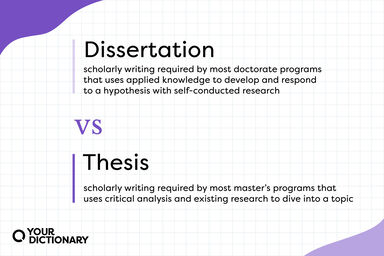In 1872 he was elected master of conferences at the Ecole Normale, and was made doctor of philosophy in recognition of his two treatises, Platonis Hippias Minor sive Socratica contra liberum arbitrium argumenta and La Liberte et le determinisme.
After some hesitation between music and philosophy, he decided to make the latter the serious work of his life, and in 1867 the university of Rostock conferred on him the degree of doctor of philosophy.
In 1899 the university of Jena gave him the honorary degree of Doctor of Philosophy for his work on Hegel.
He studied at Berlin University, where he obtained the degree of doctor of philosophy in 1825, his thesis being an analytical discussion of the theory of fractions.
He was educated at a Realgymnasium at Mannheim and after the age of 15 at the technical school of Karlsruhe, proceeding to the university of Heidelberg, where he graduated as doctor of philosophy (1863).





